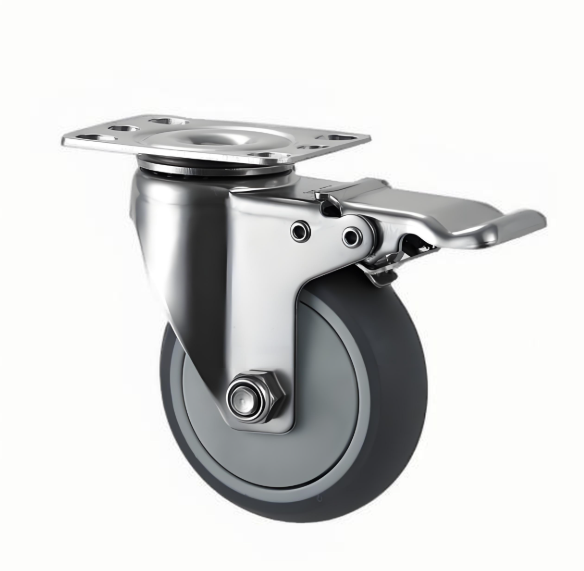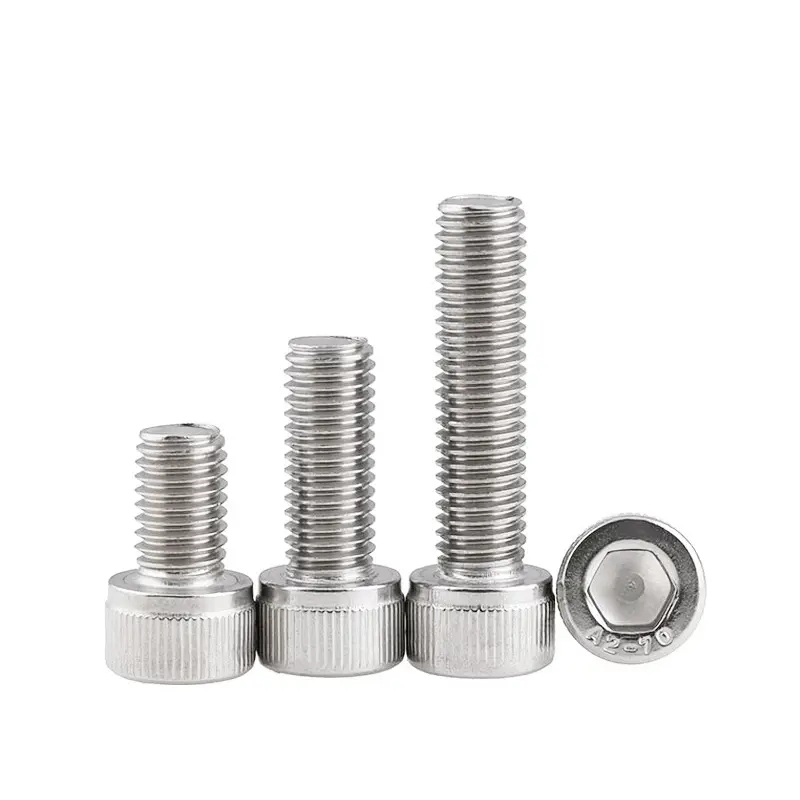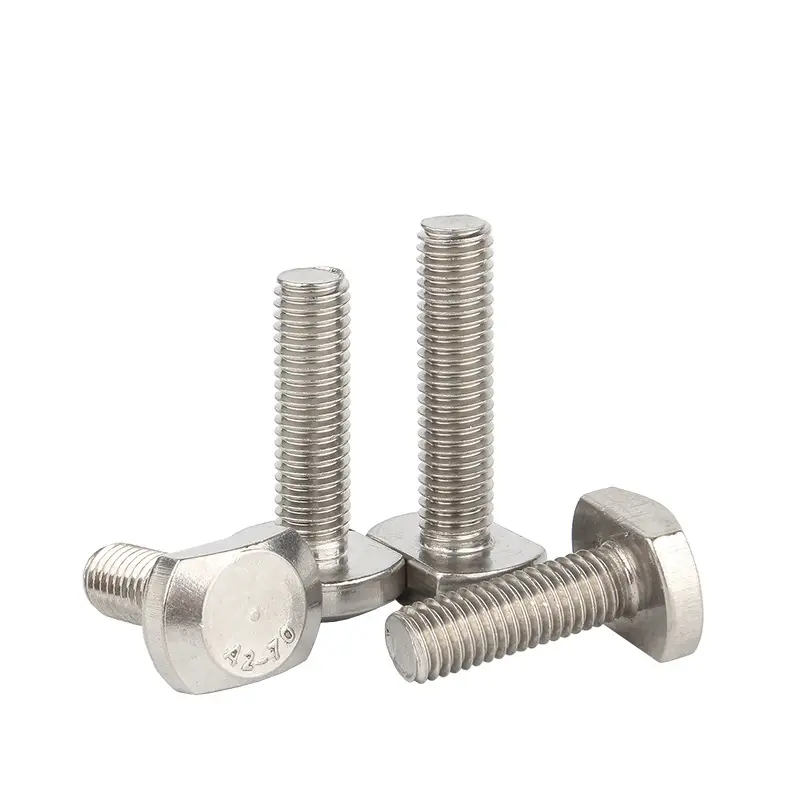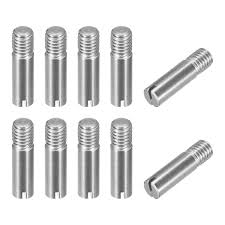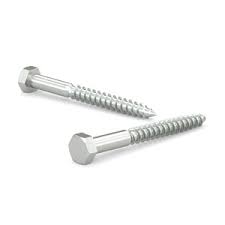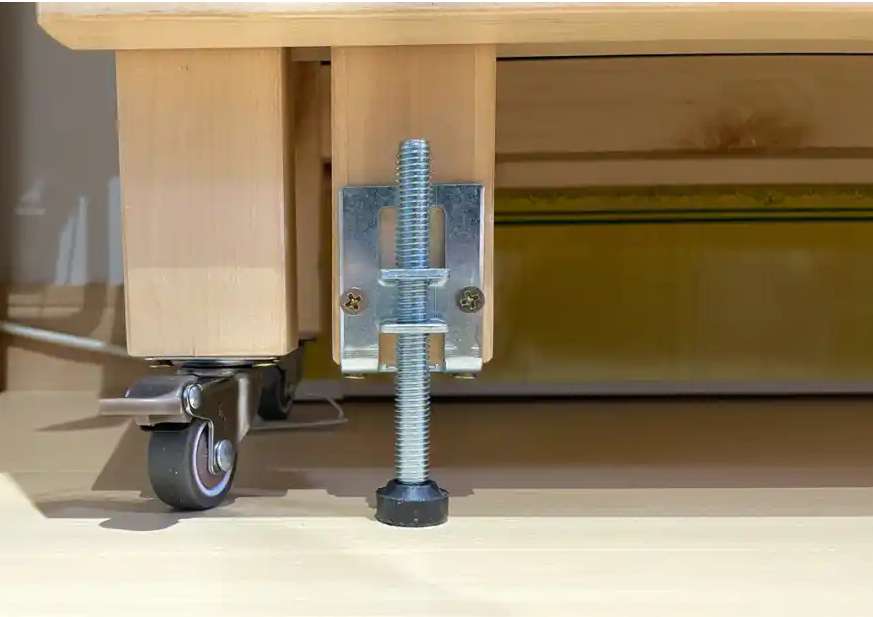

This comprehensive guide explores the world of M6 rivet nuts, covering their applications, installation methods, advantages, and selection criteria. We delve into the specifics of these versatile fasteners, providing practical advice for various industries and DIY projects. Learn how to choose the right M6 rivet nut for your needs and avoid common installation mistakes.
M6 rivet nuts are a type of internally threaded fastener that creates a strong, reliable connection in thin sheet metal or other materials where traditional nuts and bolts are impractical. They're cylindrical with internal threads, and their design allows them to be installed quickly and easily using a rivet nut setting tool. The M6 refers to the metric thread size, indicating a 6mm diameter. They offer a strong, permanent fastening solution.
Several types of M6 rivet nuts cater to different material thicknesses and application requirements:
M6 rivet nuts are available in various materials including steel (often zinc-plated or stainless steel for corrosion resistance), aluminum, and even plastic for specific applications. The choice of material depends heavily on the environment and the structural requirements of the application. For instance, stainless steel M6 rivet nuts are ideal for outdoor or corrosive environments.
Different head styles provide various aesthetic and functional benefits. Common head styles include: countersunk, flat, and round heads. The selection depends on the final appearance and accessibility requirements.
Installing M6 rivet nuts requires a specialized tool, typically a rivet nut setter. These tools vary in design and power source (manual, pneumatic, or electric). The process generally involves:
Improper installation can lead to weak connections or damaged materials. Referring to the manufacturer's instructions for the specific rivet nut and tool is crucial for success.
M6 rivet nuts offer several advantages over other fastening methods:
M6 rivet nuts are used extensively across various industries, including:
Specific applications range from securing panels and components in vehicles to mounting electronic components in devices. Their versatility makes them ideal for countless fastening tasks.
Selecting the correct M6 rivet nut requires considering:
Consulting with a fastener specialist or referring to manufacturer specifications is essential for making an informed decision. For high-quality M6 rivet nuts and related products, consider exploring options from reputable suppliers like Hebei Dewell Metal Products Co., LTD.
Problems during installation can stem from incorrect tool usage, improper hole sizing, or using the wrong type of rivet nut for the material. Always refer to manufacturer guidelines for troubleshooting.
| Issue | Possible Cause | Solution |
|---|---|---|
| Rivet nut spins freely | Pilot hole too large | Use a smaller pilot hole. |
| Rivet nut deforms unevenly | Incorrect tool setting or usage | Adjust tool settings, consult manufacturer's instructions. |
Remember, proper planning and the use of appropriate tools are key to successful M6 rivet nut installation. For more information on M6 rivet nuts and other high-quality fasteners, visit Hebei Dewell Metal Products Co., LTD.


